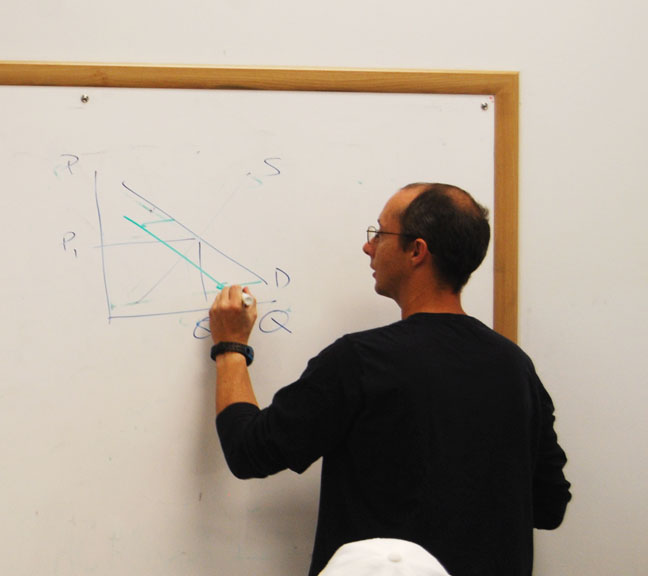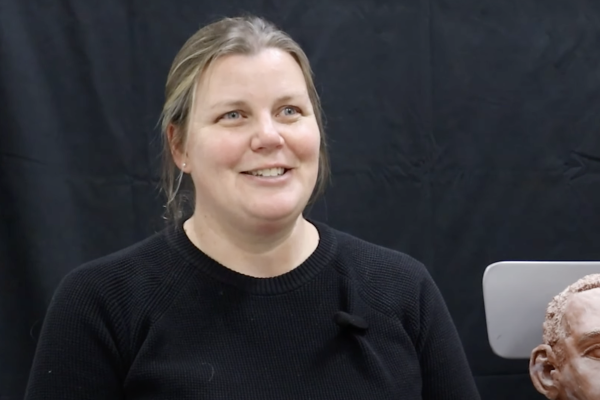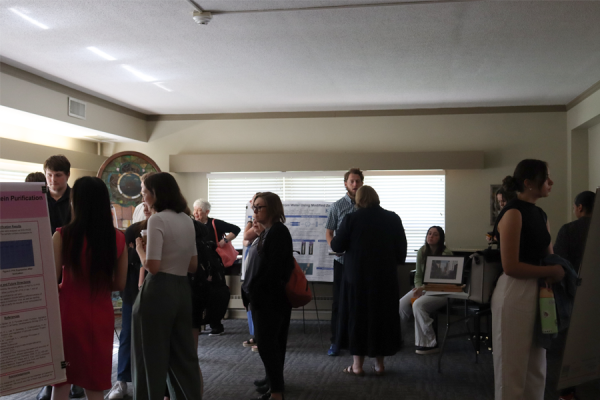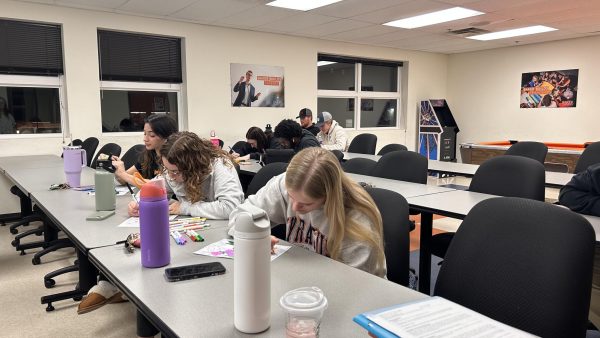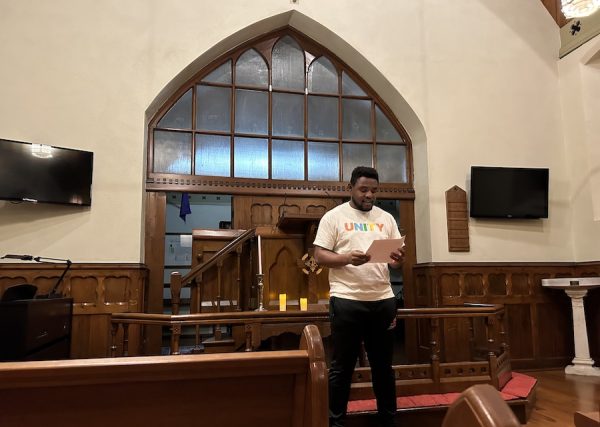Professors begin steps toward tenure
This article was originally published prior to June 2, 2013. Due to a change in the content management systems, the initial publication date in not available.
Students at Baker University are not the only ones being tested. Many members of BU’s faculty are facing the process of waiting to be awarded tenure.
“Providing tenure allows us to attract and retain some of the highest quality of educators,” Cynthia Appl, department chair of language and literature, said. “This process helps us maintain an excellent staff.”
Appl said applicants work to create a portfolio they can provide to the committee for tenure to evaluate. Members of the committee develop a schedule to visit and observe the applicants’ classes. Once they have observed the class and reviewed the portfolio, they discuss their findings and work to compose a letter of their recommendations. The committee then sends their recommendations to the provost and president, and it is ultimately presented to the Board of Trustees.
Employees are given an opportunity for feedback after three years during a halfway review. During this time, committee members give developmental feedback to help applicants work on areas that need improvement.
An employee that has received tenure has a written form of job security. If a program is removed, a tenured employee would likely be offered a different type of work to complete.
While the process may seem complex, applicants say the process at Baker is fairly straightforward.
“I feel pretty good going into it,” Alan Grant, associate professor of business and economics, said. “Baker does a good job of looking at you periodically to give feedback. They really guide you through the process.”
Grant will apply for tenure next fall.
Joe Watson, assistant professor of mass media and communication, said even though the process is important, he does not let if affect what he does on a daily basis. Focusing specifically on tenure, he said, is what gets one in trouble.
“I do what I would do ordinarily,” Watson said. “The process isn’t filled with surprises. If you ask the right questions as you go, you should be all right.”
Watson also will be up for tenure next year.


